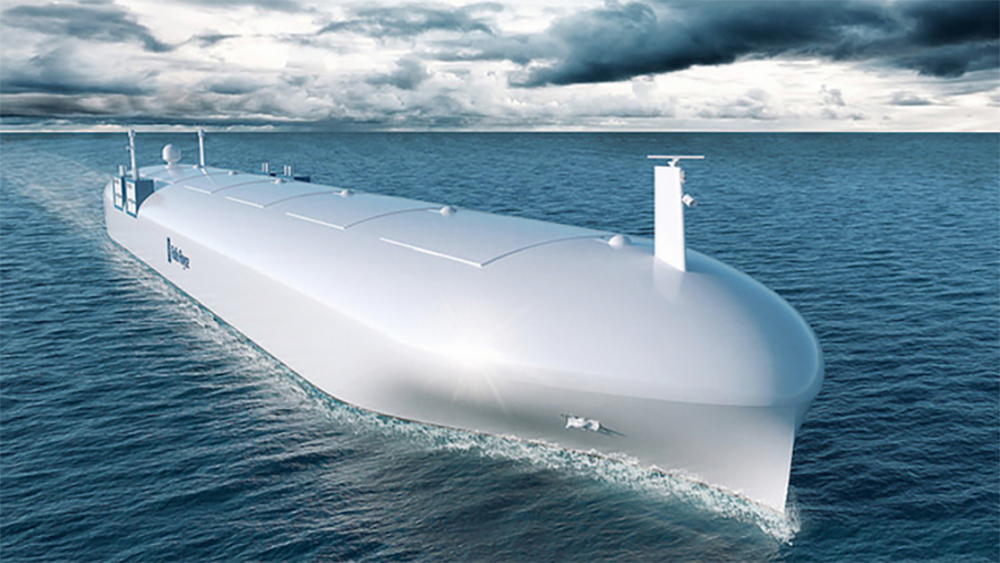The seas of the future will be full of drone ships
Complete with Somali software pirates?

Everyone gets very excited about self-driving cars and autonomous aircraft, but there's another mode of transportation that's getting robotic, and fast.
A team at Korea's Advanced Institute of Science and Technology is developing technology for autonomous ships, which could have a massive impact on the global supply network that brings cheaply-manufactured goods from Asia to the West.
The boats in question are known formally as USVs, or unmanned surface vessels, to distinguish them from unmanned submarines (which are also a very real possibility).
Defence agencies have long had an interest in robotic ships for reconnaissance and surveillance missions. In 2014, the US Office of Naval Research held a Maritime RobotX Challenge, which asked entrants to complete five tricky missions. The Korean team came second, behind a team from MIT.
Going Commercial
But now there's growing interest in the automation of commercial and research ships too. Drone freighters would be safer and more efficient than their human-staffed equivalents - able to carry goods around the world at a fraction of the cost of a traditional cargo ship. Rolls Royce has already prototyped what they might look like.
Meanwhile, automated science vessels would be ideal for carrying out hydrographic surveys and environmental monitoring in highly-polluted waters, and to combat illegal fishing.
Looking further ahead, it's not out of the question that we could even see robotic fishing boats, search-and-rescue craft and ferries in the not-too-distant future.
Sign up for breaking news, reviews, opinion, top tech deals, and more.
Prime Objectives
So far the Korean team has a few test platforms for multi-purpose drone boats which it's trialling just off the coast. Increasing operational safety and fuel efficiency, and reducing labor costs, are the prime objectives for now.
But combined with previous research that the institute has done on floating, robotic harbours, it's plausible that within a decade or two humans could be almost entirely removed from our vast, unseen global shipping network.
